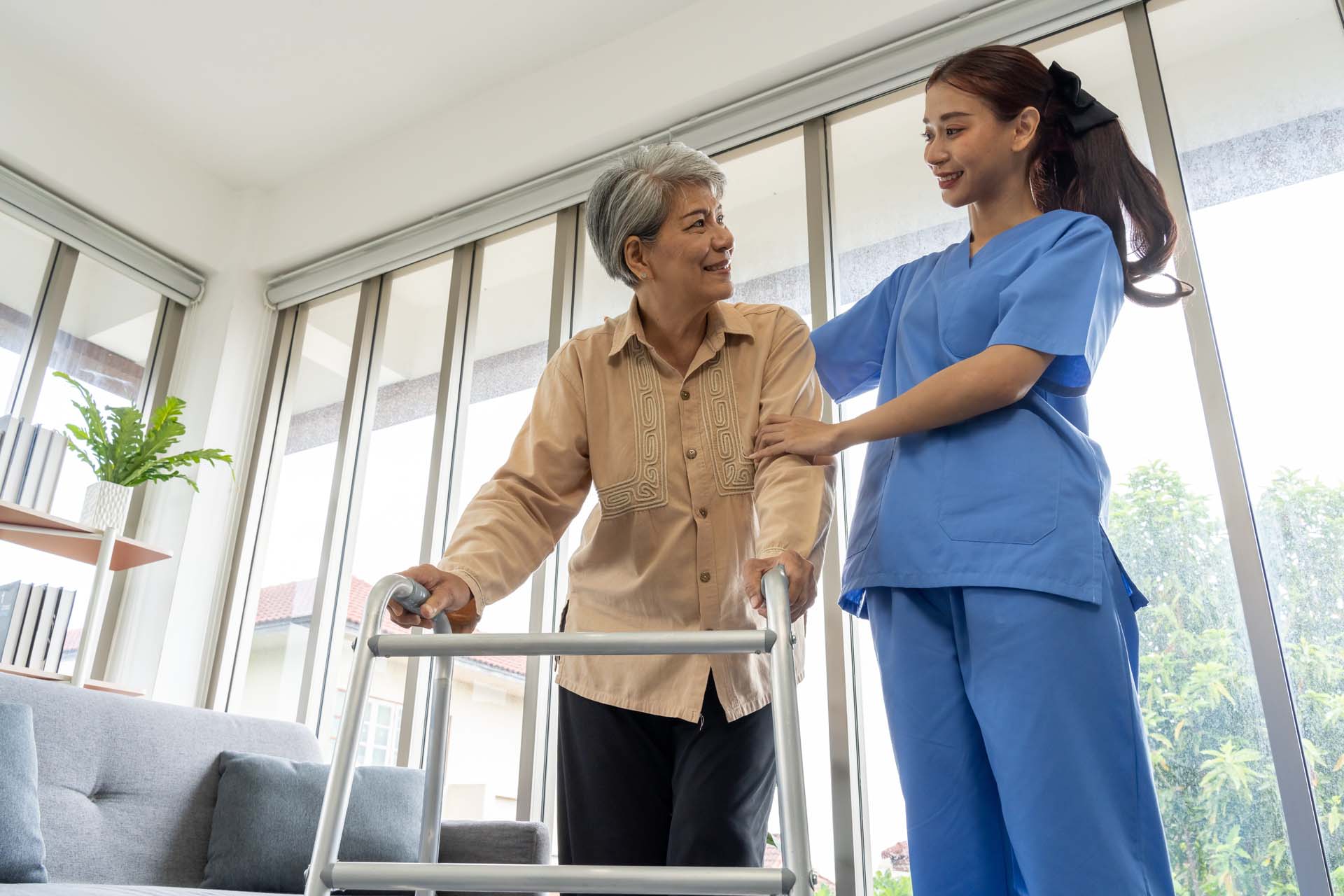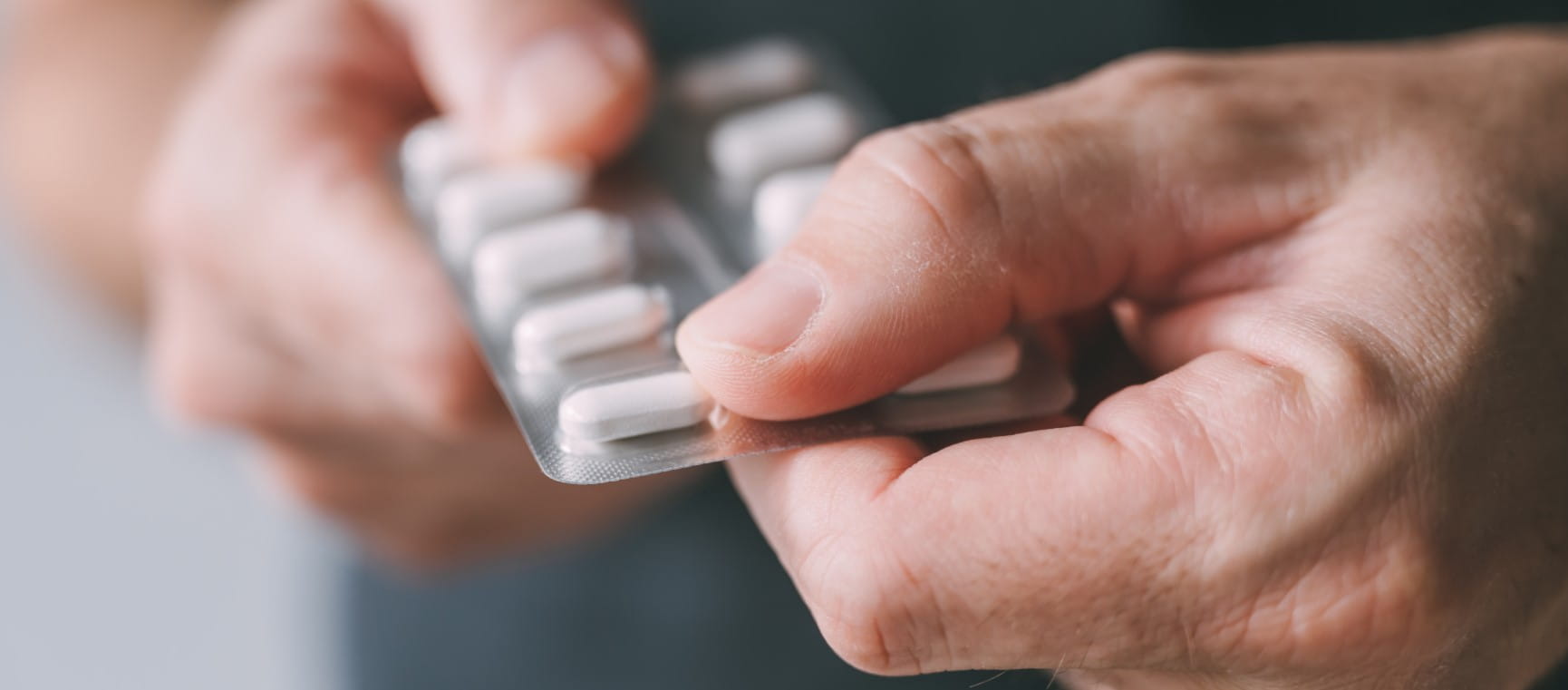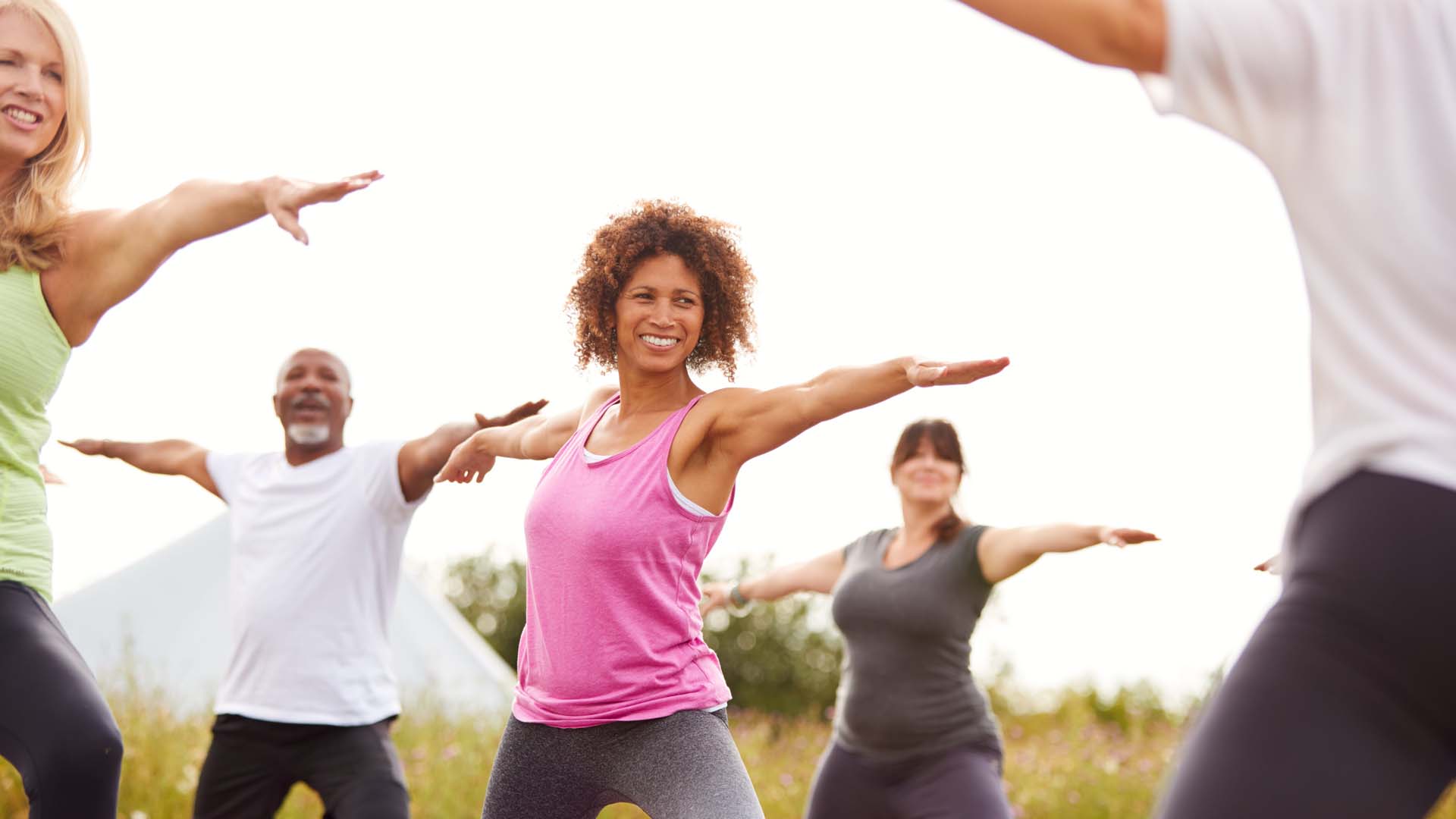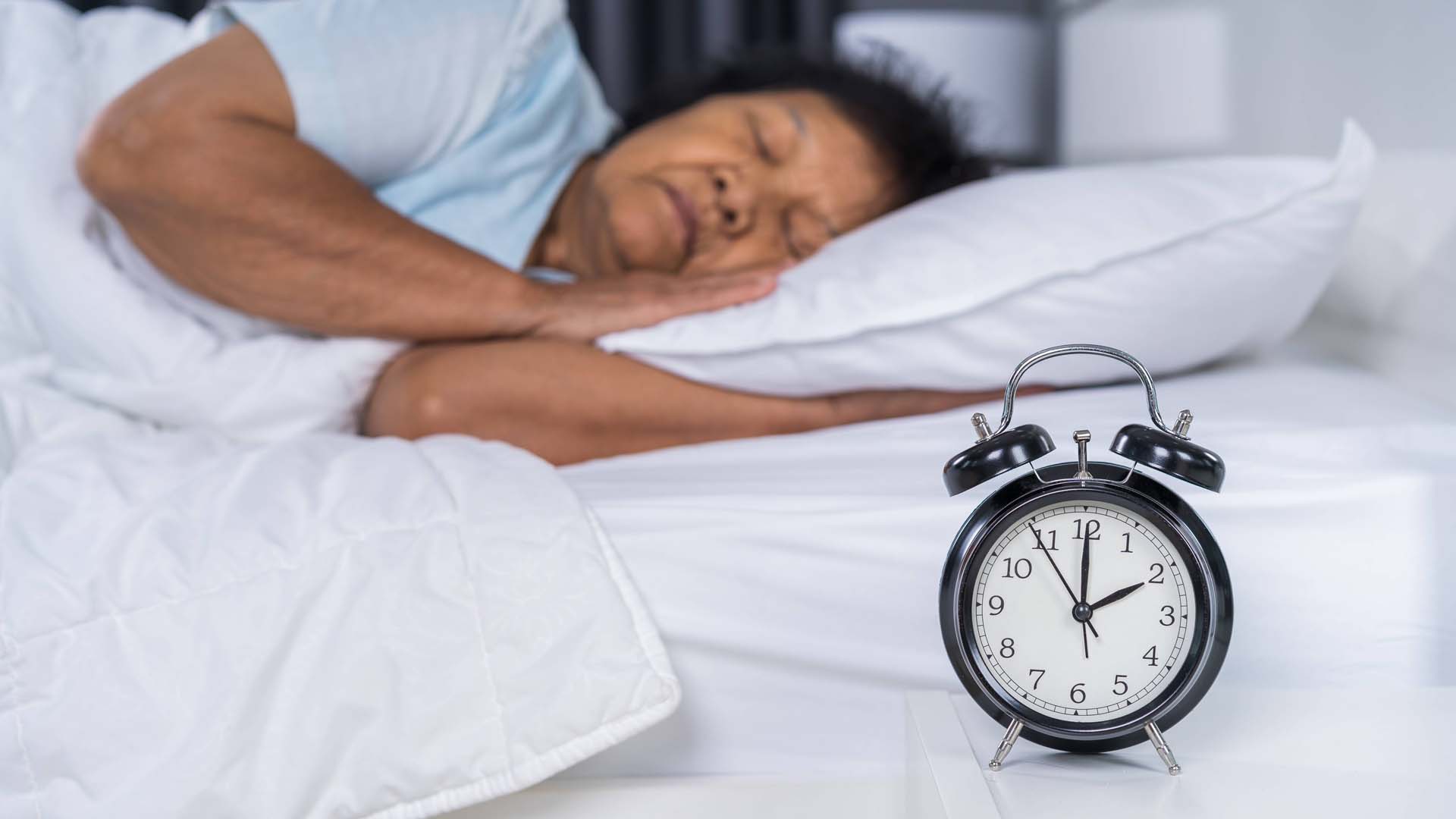
If the question ‘how many hours of sleep do I need’ is keeping you awake at night, then rest assured that you're not alone.
You’ll probably be familiar with the number of hours' sleep recommended by the NHS: seven to nine a night.
However, it’s a guideline for adults that doesn’t take into account age-related changes. It’s likely that your sleep has changed over the years, which is completely normal – but is there a magic number of hours you should be getting?
“Sleep patterns change as you get older,” explains David Lee, clinical director of Sleep Unlimited. “The brain stem – that controls sleep – doesn't work quite as well. So, your ability to get off to sleep, fall into deep sleep and maintain your sleep is reduced.”
“Older people feel less satisfied with sleep because the depth just isn't there any more. You have more lighter sleep, and you’ll wake up more, because it's harder to maintain it as you age.”
This is backed up by data from Nuffield Health's Healthier Nation Index. It found that 37% of adults over 55 said their sleep quality had got worse in the last 12 months.
Whilst the NHS figure of seven to nine hours is a useful guideline, Lee advises that we should aim to get as much quality rest as possible – and that doesn’t necessarily mean a certain number of hours.
“I talk about proportions, not hours, because some people get six hours of sleep and feel alert and they’re healthy.”
He continues: “Throughout the night you go through 90-minute sleep cycles of REM (Rapid Eye Movement) sleep and non-REM sleep, the proportions depend on the person and their lifestyle – for example, if you’ve drunk a lot of caffeine or alcohol before bed, you’ll likely get less deep sleep because we know through studies that they can interrupt sleep patterns.”
However, Lee stresses not to get hung up on proportions or hours. It's much more about the quality of the rest that you get and how you feel in the daytime, which will be different for everyone. Use the seven to nine hours as a guideline, but it’s possible to feel alert and refreshed after less than that.
Indeed, research has concluded that there's no magic number. If you notice your ability to concentrate, perform and remember is declining, you should seek advice from your GP.
Obstacles to sleep include:
“If you can avoid these in the two hours before bed, you’ll likely see a decrease in sleep disturbances,” Lee advises. This two-hour rule is only a base figure to work from, however. If that’s too big an ask for you, he suggests trying 15 minutes for a few nights and building from there.
Good old-fashioned fresh air and daylight are a really good treatment for sleep issues. “All you need to do is walk out of your front door to get some.” says Lee.
“I use it with my clients all the time. I won’t sit in a therapy room with them – I’ll go and sit in their gardens, because daylight is a massive boost for sleep.”
He adds you can also promote a good night's rest with mental and physical activity throughout the day – so aim to move about and keep your brain healthy and active as much as you can.
If you’re concerned about your sleep, speak with your GP, who will be able to offer advice or refer you to a sleep specialist.
Becky Frew has written various articles for newspapers and magazines focusing on fitness, is a qualified run leader, and a certified sleep talker trainer who loves to help advise people how they can nod off easier.
When she is not writing or reading about fitness, she is at hot pod yoga, bounce class, training for an ultra-marathon or booking anything with a medal and free food at the end.
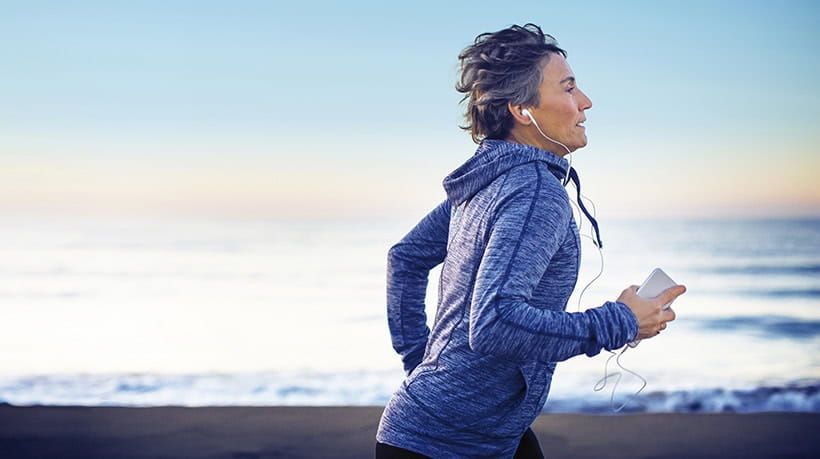
Health insurance for people over 50 that provides a quicker route to diagnosis and planned medical treatment in a private facility.
Underwritten by Bupa Insurance Limited.


Facial weakness, a sudden headache and dizziness can all be signs of a stroke, we've got the facts from an expert.
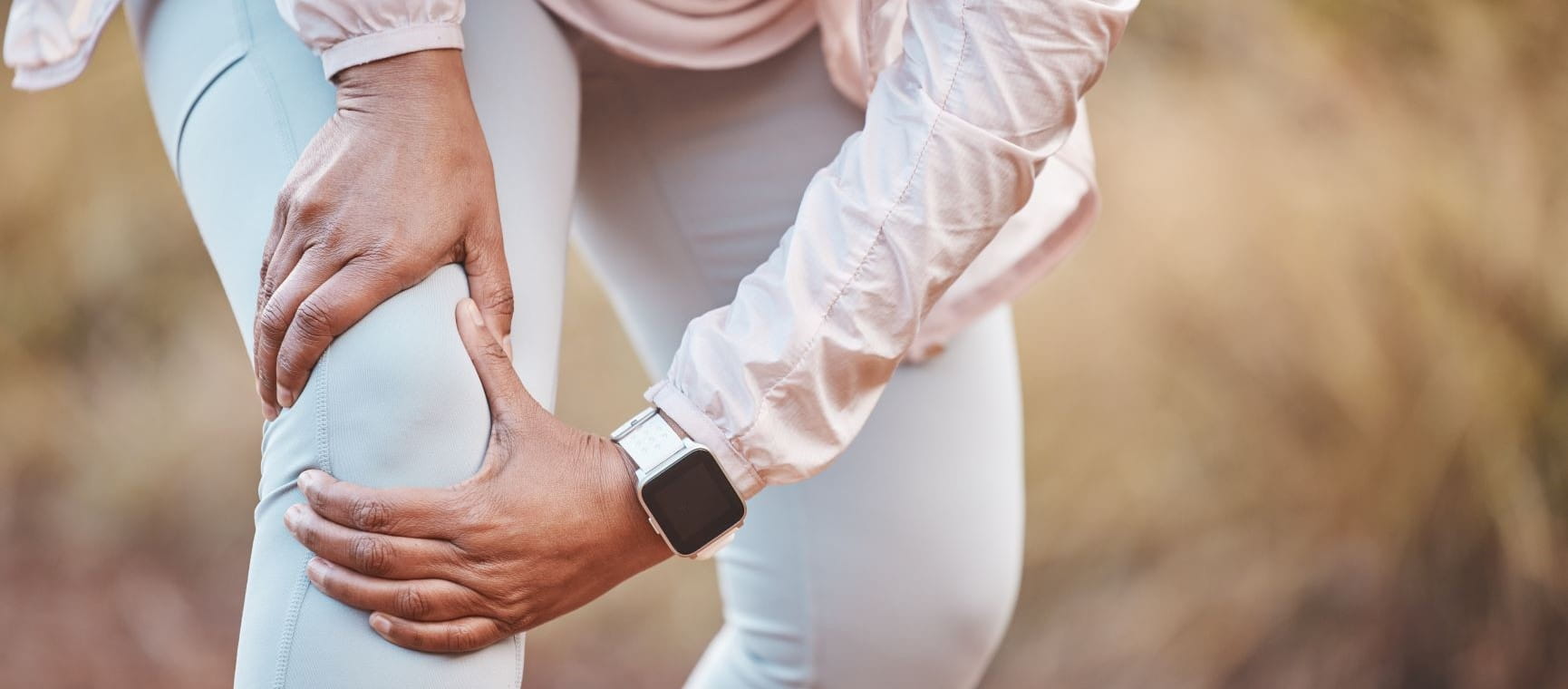
Knee pain is more common as we age: to help we've got the best advice from 3 leading experts with easy ways to make a difference.
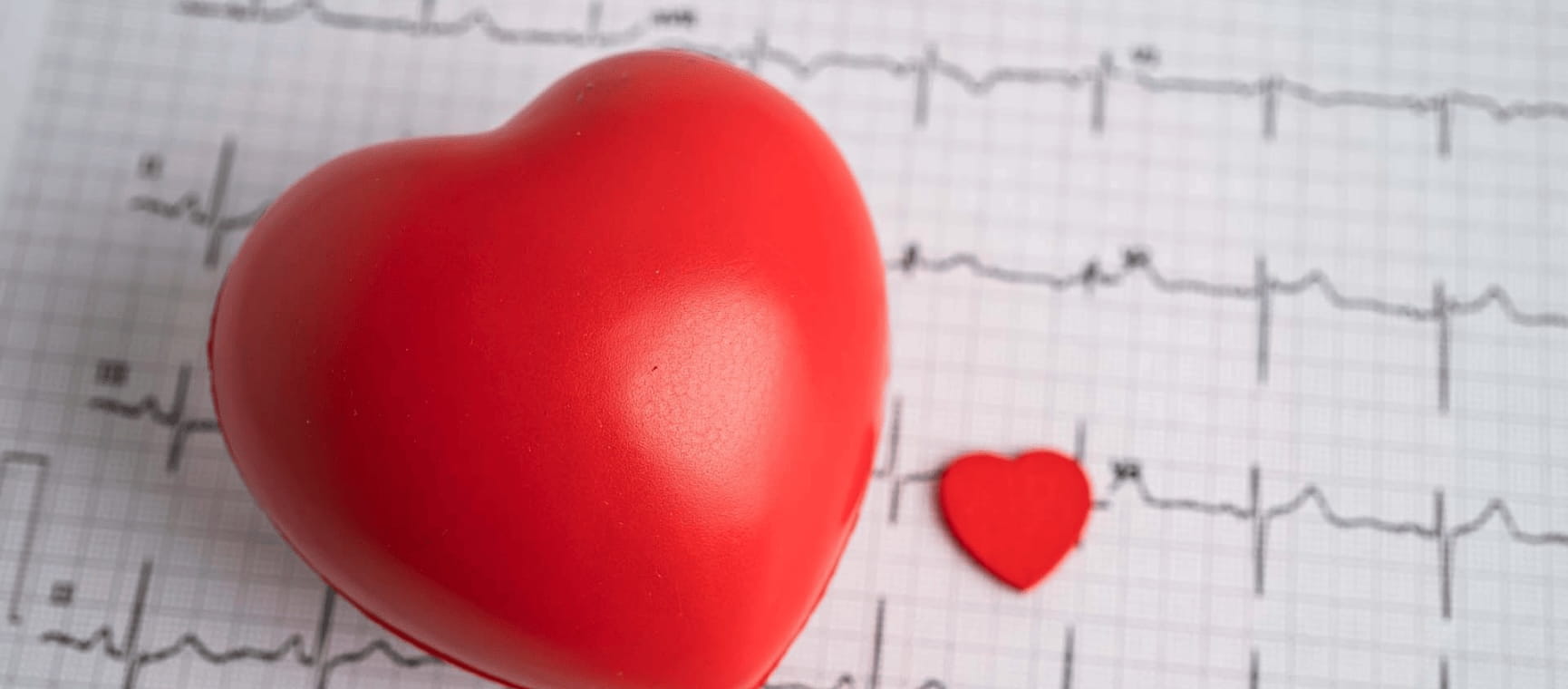
Do you know the symptoms of a heart attack? Here’s what to look out for, and how to prevent one.
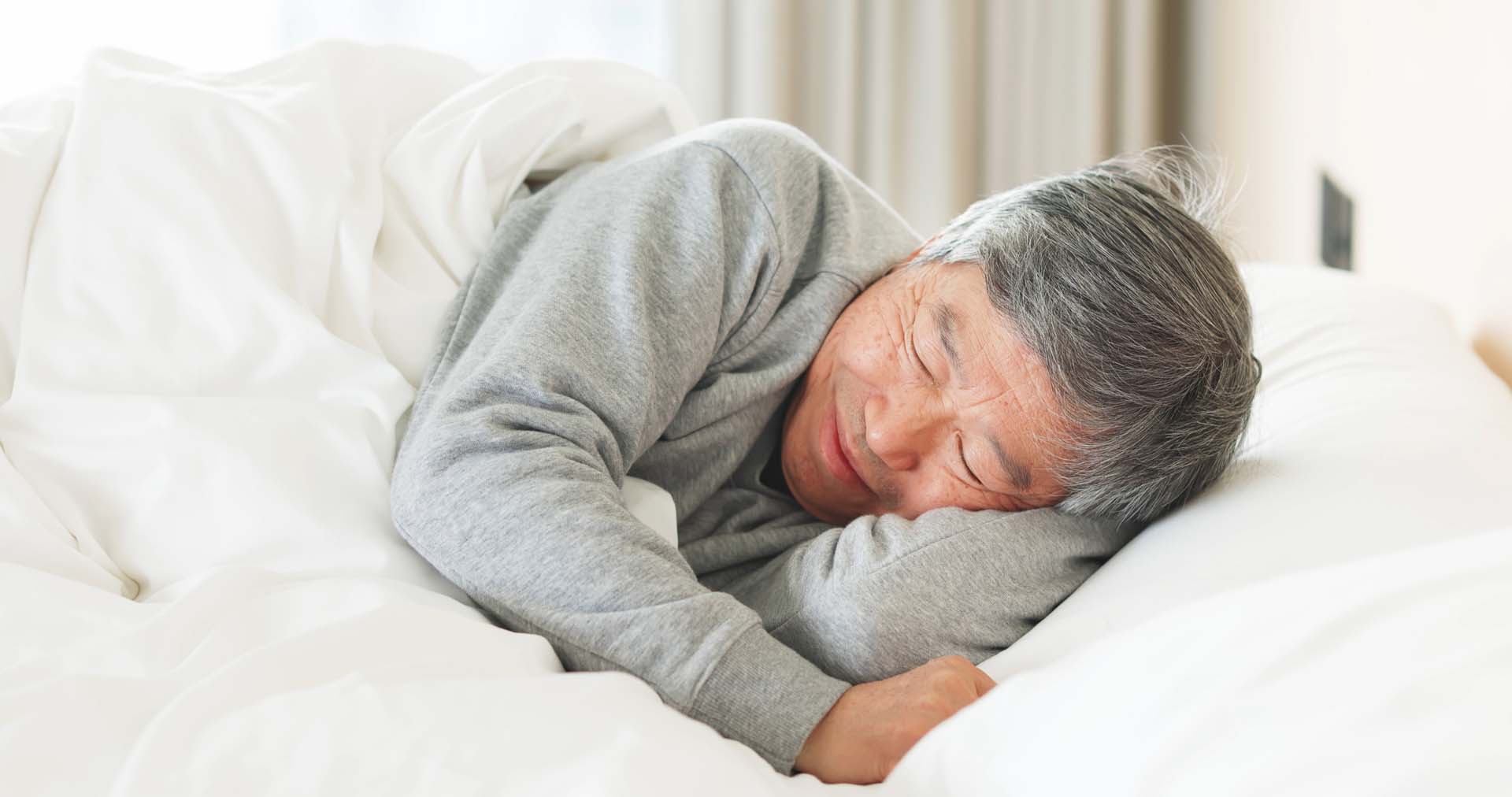
Front, back or side? Which sleeping position is best for you as you get older, and which ones you should avoid
